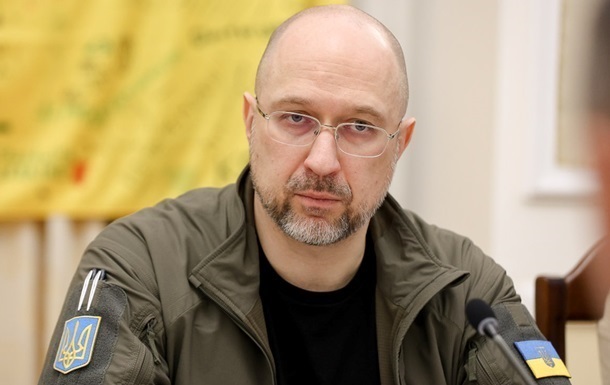Following a meeting with US Treasury Secretary Scott Bessent, Ukrainian Prime Minister Denys Shmyhal announced that under the forthcoming critical minerals agreement, US assistance provided before the agreement's signing would not be counted.
This marks a clear departure from earlier US proposals, which sought to use Ukraine’s mineral wealth to "recoup" or offset previous American military and financial aid under former US President Joe Biden's administration.
Shmyhal has made the announcement after Ukraine’s delegation visited the US for the World Bank and IMF Spring Meetings, where he held discussions with key financial institutions, including the IMF, World Bank, and EBRD.
During his visit, Shmyhal met with Bessent, and the bilateral agreement was a key topic of discussion.
"Legal teams are currently working on the document. We have made good progress. Most importantly, we have clearly defined our red lines: the agreement must align with Ukraine’s European commitments, comply with the Constitution and national laws, and be ratified by Parliament. We also agreed that any assistance provided before the agreement’s signing will not be counted," Shmyhal says.
The Ukrainian prime minister emphasizes that Ukraine will continue to receive strong support from international partners. Funding for 2025 is fully secured, covering the projected $39 billion budget deficit through external assistance.
He also notes that preliminary agreements have been reached for 2026–2027, with major funding sources expected to include the IMF program, the Ukraine Facility, and revenues from frozen Russian assets (ERA). Work continues to secure additional resources.
Speaking about the use of frozen Russian assets, Shmyhal has said Ukraine has already secured access to $50 billion in proceeds from these assets, which will be used to cover budgetary needs, military expenditures, and rapid recovery projects. However, the ultimate goal remains the full confiscation of these assets.
In addition, Ukraine has proposed introducing a special tariff on imports of Russian goods, with the revenue directed toward Ukraine’s recovery fund. This economic mechanism would allow Ukraine to receive reparations without waiting for political changes in Russia.

